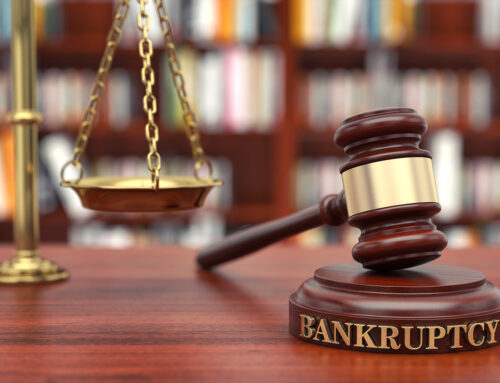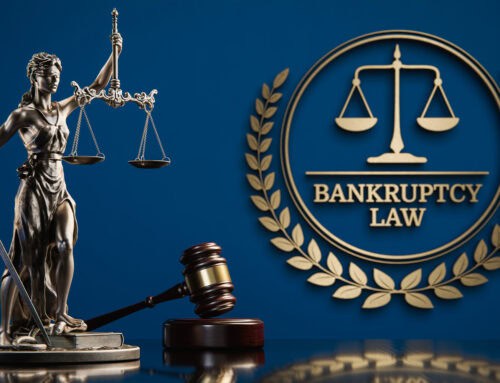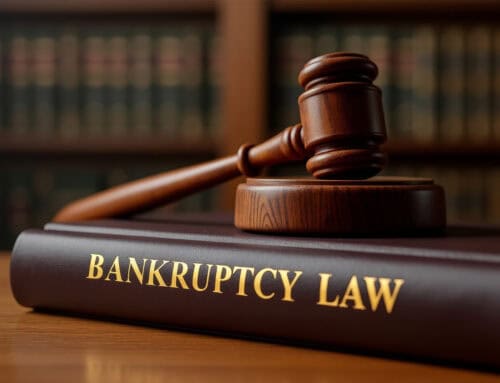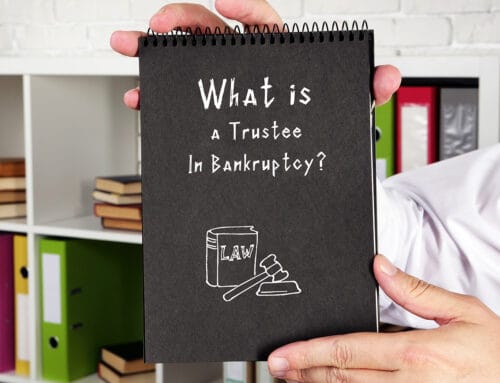Pros and Cons of Refinancing Before and After Filing for Bankruptcy
The decision to go through bankruptcy is serious. It can help you get out of a crushing amount of debt and start your life financially anew. On the other hand, bankruptcy follows you around for years and affects your ability to get loans and other types of financing. When you own your home and are considering a refinance, the timing is very important—especially if bankruptcy is in your near future. It is wise to consult with us at Brent George Law before deciding what to do. Here are some of the pros and cons of refinancing before and after you file for bankruptcy.
Before
One huge advantage to refinancing your home before you file for bankruptcy is your credit score is likely to be higher before than it will be after. This is likely to help you get a better interest rate on your refinance.
The biggest disadvantage to refinancing before you file for bankruptcy has to do with your home equity. Because you are essentially exchanging your home equity for cash, if you refinance before, you will need to try to spend that money before filing for bankruptcy. Of course, what you spend the money on can also affect the outcome of your bankruptcy. It may be best to spend the money on unforeseen expenses rather than on luxury items or home improvements that could increase your home’s value.
After
Refinancing after filing for bankruptcy can work to your advantage if you have equity in your home. The money from the refinance should be yours if you filed for Chapter 7 bankruptcy, but there is a chance it could be claimed by a trustee if you filed for Chapter 13.
One of the most debilitating cons to refinancing after filing for bankruptcy is related to the state of your credit. In many cases, credit scores take a dive after bankruptcy, making it difficult to get loans and other financial assistance for large purchases. It may be even more difficult if you filed for Chapter 13.
For Which Type of Bankruptcy Should You File?
There are two different ways you can file for bankruptcy: Chapter 7 and Chapter 13. Chapter 7 may clear some of your debts or all of them. Chapter 13 means you have regular income and can reorganize your debts. The type that you file for depends on your current financial situation. Whether or not you decide to refinance before or after bankruptcy could depend on which type you go for. It may be easier to refinance before filing for Chapter 13; on the other hand, refinancing after filing for Chapter 7 could be advantageous for some.
Your Main Considerations
Consider your home equity, credit and type of bankruptcy you will be filing for before deciding when to refinance. Come in to Ventura’s Brent George law for a free consultation. We will be able to help you make better sense of the pros and cons of your personal situation.
Disclaimer: This article is intended for informational purposes only and does not constitute legal advice. For personalized assistance, please contact our office at (805)494-8400.





